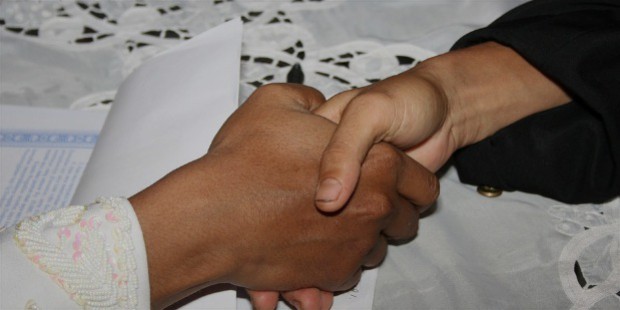Forgiveness and Emotional Intelligence

When you are hurt by someone or cheated or when someone offends you, it is natural to feel angry, sad, vengeful, painful and dejected. Yet it happens, however helpful or good you are to others. In such circumstances, you can hold on to the grudge or forgive them by accepting their apologies.
You may have seen people say they can never forgive or forget a bad incident or behavior towards them. Psychologists point out that the inabililty to forgive is a sign of a poor emotional intelligence.
Even very intelligent and gifted people fail to grow in their careers due to their inability to forgive and forget bad things that have occurred in their lives. It can also have an adverse impact on their marriage and family relationships.
8 reasons to have a forgiving attitude to build emotional intelligence
1. Forgiveness Releases Resentment, Anger and Frustration

If you forgive someone for the wrong done by them, it releases your pent up emotions such as anger, distrust, frustration, sadness and associated ones. Negative emotions such as these build up negative energy inside you and cause a faster ageing.
2. Forgiveness is Good for Health

Forgiveness helps you to be healthy and avoid the stress associated with anger and revengeful attitude. It is beneficial for bringing down the heart rate and blood pressure, and good for retaining the metabolic rate. It also makes you less prone to indigestion problems due to overeating.
3. Forgiveness helps Build Good Relationships

If you are hurt by someone who has spread false information about you or concealed something from you, you will win back their trust and friendship when you forgive them. If you forgive others for their lapses or bad conduct, you will be more accepted by your friends and colleagues.
4. Blame not the Persons but Their Acts

When you are hurt or offended by someone, don’t take criticism to personal levels blaming his character and personality. In this way, you spread more negative emotions and even lose the support of those who are sympathetic to you. You should blame only the wrong act and not the person as such.
5. Forgiveness should Begin at Home

If you start forgiving your spouse or children for their lapses or wrong doings, you are slowly making it a part of your life. An improved understanding and togetherness in family can help you cope up with the wrong doings of others better. There is a popular saying, charity begins at home.
6. Prayer and Meditation Help

There is nothing to calm the mind like prayer and meditation. A prayerful attitude coupled with gratitude for all the good things that have happened in your life, can help overcome all the bad experiences you encounter. No one can make you unhappy, but you yourself.
7. Accept the Way Things are

Just as darkness follows light and there is sunshine after heavy rains, you go through life with a mixed bag of experiences. You must accept them as a fact of life and not be unduly worried about them building negative emotions in your mind.
8. Don’t Keep on Telling It to Others

If you are in the habit of telling about your bad experiences to others, you will invite them more into your life. The past is gone and you should be living in the present moment.
Emotional Intelligence is now being valued as much or higher than intelligence quotient (IQ), knowledge or skills. You are successful if you have good social skills and get on comfortably with different types of people. Forgiveness doesn’t mean you have forgotten the incident or approve of it. It only means you are no longer thinking about it.









